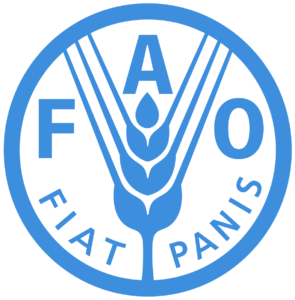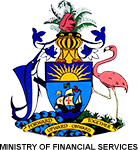The Bahamas is boosting its food safety readiness to ensure food security and public health
30 Mar 2022
 Stakeholders were trained to better understand a modern food control system
Stakeholders were trained to better understand a modern food control system
The COVID-19 pandemic has given rise to new businesses in food services and trade while at the same time raising concerns about food safety and our heavy reliance on agri-food imports. Having effective, efficient and sustainable controls in place to ensure the safety of food, the health of consumers and fair practices in trade has therefore become even more important.
To this end, over 30 stakeholders were recently trained during an Inception Workshop on Assessing Food Control Systems in the Bahamas, organized by the Food and Agriculture Organization of the United Nations (FAO) and The Bahamas Agricultural Health and food Safety Authority (BAHFSA). Various stakeholders including representatives from BAHFSA, the Bahamas Agricultural Industrial Corporation (BAIC), and The Bahamas Agriculture and Marine Science Institute (BAMSI) attended the four-day workshop that culminated on March 24, 2022.
Geared towards assessing current food control and surveillance systems in the country, the workshop gathered stakeholders focused on helping the country to improve its food security and trade, whilst improving control of food safety and consumer protection. The participants gained a better understanding of the design and functioning of a modern food control system and of the importance of collaboration among Competent Authorities for the system to work effectively. Technical assistance in conducting the assessment was provided by FAO experts in food safety and control systems, with support from the BAHFSA team.
Dr Crispim Moreira, FAO Representative for the Bahamas remarked that “the Food Control System Assessment was pivotal in enhancing the nation’s preparedness in food safety and public health, while strengthening trade practices and the resilience of food systems and livelhoods”.
The Bahamas is the first country in the region to undertake this assessment
The Bahamas is the first country in the Caribbean region to be undertaking this pilot assessment that uses the FAO/ World Health Organization (WHO) Food Control System Assessment Tool, which is based on the Codex Alimentarius principles and guidelines.
Minister of Agriculture, Marine Resources and Family Island Affairs, Hon. Clay Sweeting expressed his delight that the Bahamas was one of the two countries embarking on the use of this tool. He highlighted that the assessment was necessary to “improve cooperation and coordination between the various agencies with responsibility for the agricultural health and food safety system, and to identify key priorities and activities necessary to improve food safety along the entire food chain”.
He added that there was a need to “continue to empower individuals to fully embrace a culture of food production and equip the relevant competent authorities to take on the responsibility of ensuring that food, whether imported or produced locally, is safe and wholesome for consumers”.
The pilot assessment will also be taking place in Guyana with a regional follow up meeting to share the experiences, lessons learnt, benefits and challenges of the assessments with other Caribbean countries.
Going forward the participants will begin the actual assessment of the food control system of the Bahamas by gathering information from all relevant food and agriculture authorities in the Bahamas.
In the coming months, the participants will gather again to endorse recommendations for improvements towards a robust food control system and develop a framework for action and engagement of key decision-makers to ensure commitment and political support.
Dr Moreira concluded in his remarks that “Food control is not a country issue but a regional and global issue that requires collective and coordination action. The assessment process is a necessary and vital step in strengthening the country’s and the region’s sustainable agricultural and food value as well as support to food export markets”.
Source: Government of The Bahamas

